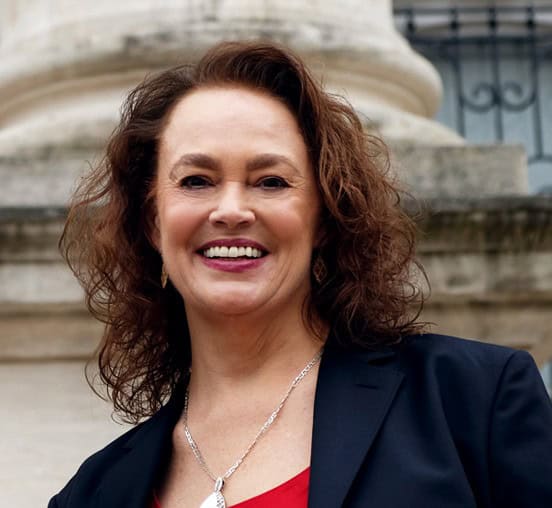Do you know what to do after a car accident? It is important not to make a misstep. Car accidents cause injuries to thousands of people in Bowling Green, Kentucky. According to data provided by the Kentucky Transportation Cabinet, more than 135,000 accidents took place in the state in 2015. They caused nearly 24,000 serious injuries, and 704 people lost their lives.
After years of decline, traffic deaths have increased in recent years. Hopefully, a car accident is not something that you or your family will ever encounter. However, the risk remains ever-present. It is smart to be prepared and to know what to do after a collision to protect your health and safety, and your financial interests.
Following a collision, drivers in Kentucky & Tennessee have several different legal responsibilities. Under Section 189.580 of the Kentucky Revised Statutes, drivers must do the following:
- Stop your vehicle: After an accident, you should stop at the scene or at a safe location nearby.
- Assess the accident: Those involved in a car accident must assess the situation to determine if any person has been injured in the crash.
- Render aid: In the event that a person has been seriously injured, all parties have a duty to render emergency aid to the best of their ability.
- Remain at the scene and report the collision to police: If an accident results in an injury or significant property damage, you should call the police and remain at the scene until law enforcement authorities arrive. The investigating officers will write an official accident report. You should ask when you can obtain a copy, review it and give input to the officer to ensure that the police report is accurate.
- Exchange information: Drivers have a legal duty to exchange their insurance information, contact information and vehicle registration information.
In many cases, car accident victims make mistakes in the days after an accident that prevent them from recovering compensation.
1. Do Not Forget to Take Pictures
A successful car accident injury claim requires supporting evidence. Evidence can come in many different forms. For example, it could include the police report, witness statements or expert testimony. Pictures are one of the most compelling forms of evidence. Following a collision, take extensive photos of the crash scene and of your injuries. If you fail to capture these photos before the cars are moved and the scene cleared, you will lose the opportunity to do so.
2. Do Not Wait to See Your Doctor
If you were injured in a crash, it is important that you seek medical attention. First, this is an important step to protect your own health and safety. After a crash, your body will be filled with adrenaline, and you may be far more injured than you realize. You need to see a doctor to protect the viability of your car accident injury claim. Without supporting medical documentation, it will be impossible for you to recover the full and fair compensation to which you are entitled.
3. Do Not Talk to the Insurance Company Before Consulting with a Bowling Green Lawyer
The big insurance companies are looking out for their own interests. These companies make money if they can reduce your settlement offer or outright deny your accident claim. You need to be cautious in your dealings with the insurance company.
You should always consult with an experienced Kentucky car accident lawyer from the Flora Templeton Stuart Injury Accident Lawyers before you talk to the insurance company. Insurers know that once an injured person hires a lawyer, that victim has a much greater chance of recovering a fair settlement. Insurance adjusters push aggressively to get victims to talk before they can seek legal help. Do not let the insurance company take advantage of you. Protect your accident claims rights by seeking legal assistance.
What You Shouldn’t Tell Your Insurance Company
Whenever possible, it is best to work with the insurance company through your car accident lawyer. In the event that you speak to an insurance adjuster, please remember the following three things:
- Do not admit fault: If you admit fault, even partial fault, you will severely damage your own chances of recovering compensation. Never admit fault to the insurance company. The bottom line is that you are not in a position to assess who was at-fault for the accident. Your lawyer needs to investigate your case in order to determine fault. It is not your job to assess fault.
- Do not speculate or give opinions: When speaking to an insurance adjuster, stick to the facts of the case. Never engage in speculation or give any type of opinion. It is simply not in your best interests to do so.
- Do not banter or make small talk: You should never make small talk with the insurance adjuster. This may feel uncomfortable for you as the insurance adjuster is likely to try to engage you in small talk. They are trained to do so. By creating a basic level of comfort, insurance company representatives believe that they can get you to talk more openly about your accident. The more you say, the more likely it is that you will say something that can be used against you or undermine your claim. Remember: Stick to the facts and only the facts.

